What is Clinical Exome?

Clinical Exome is a DNA test that can identify the molecular basis of a genetic disorder in individuals with a genetically heterogeneous disease and/or an atypical presentation of a genetic disorder. The test covers genes that are know to be disease associated and curated from databases such as OMIM, HGMD and ClinVar.


What genetic test to choose? How to choose the right genetic test?
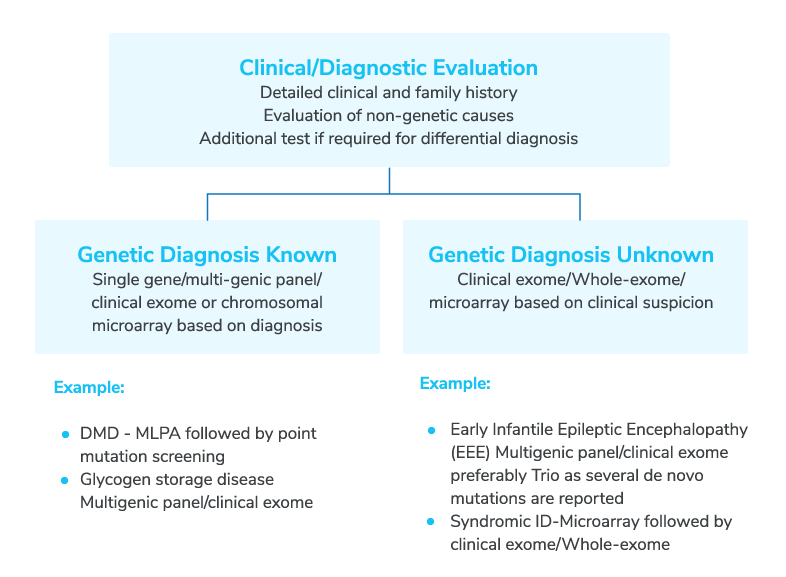


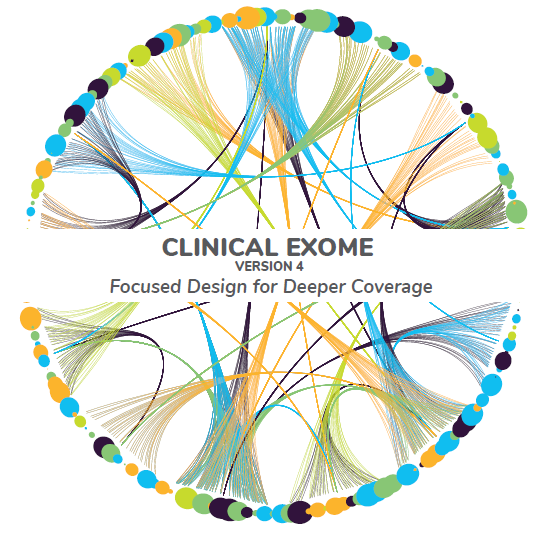

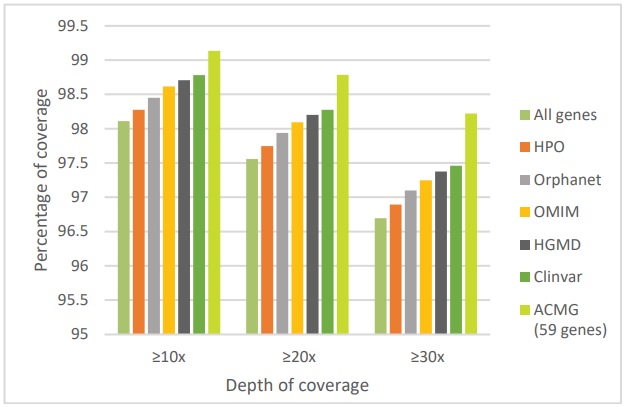
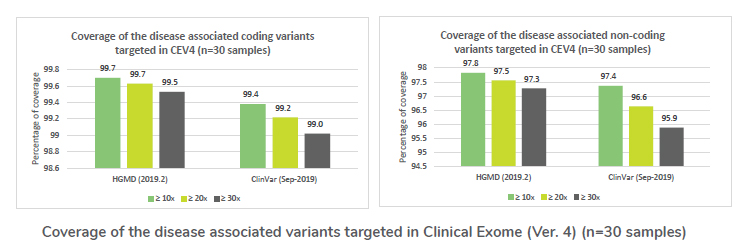
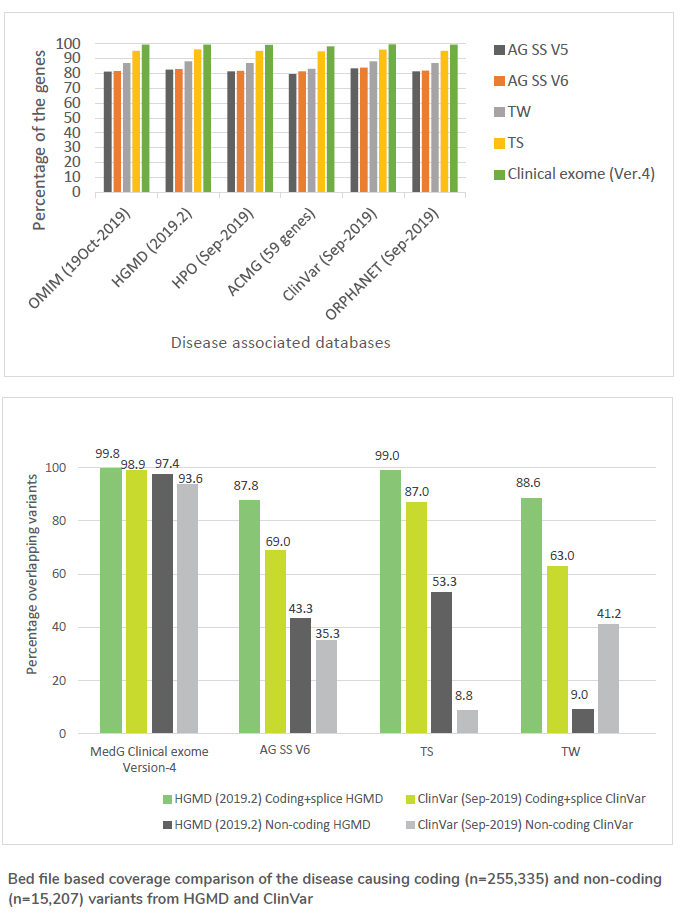
 Sample requirements
Sample requirements Whole blood or extracted DNA of good quality
Whole blood or extracted DNA of good quality

 Enquire
Now
Enquire
Now